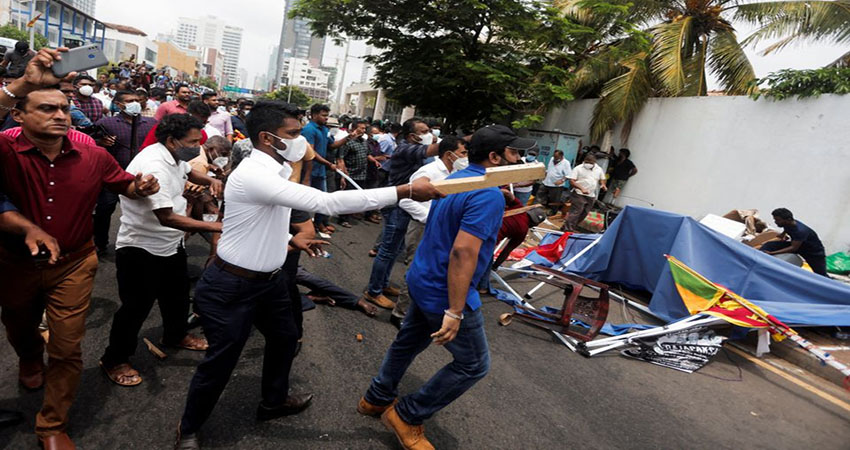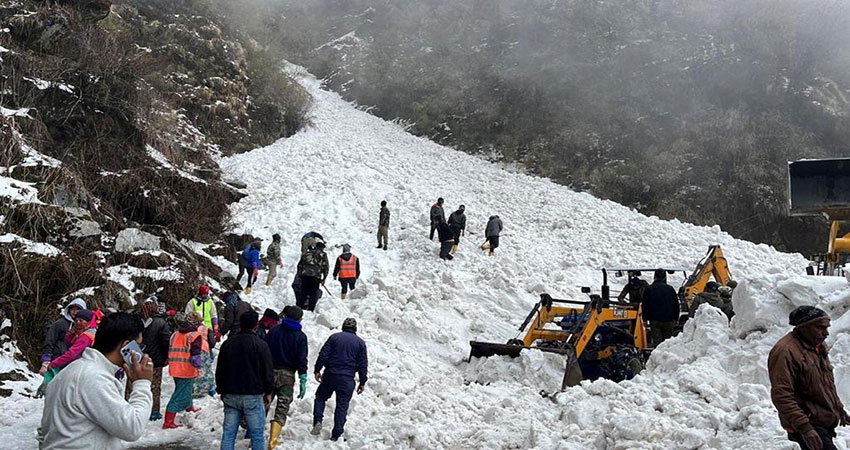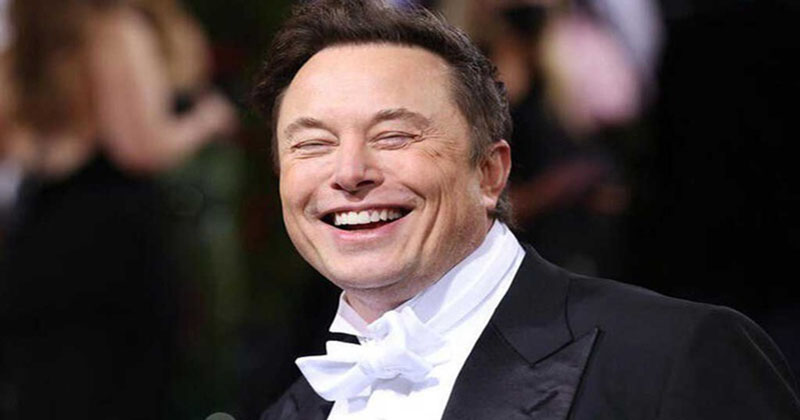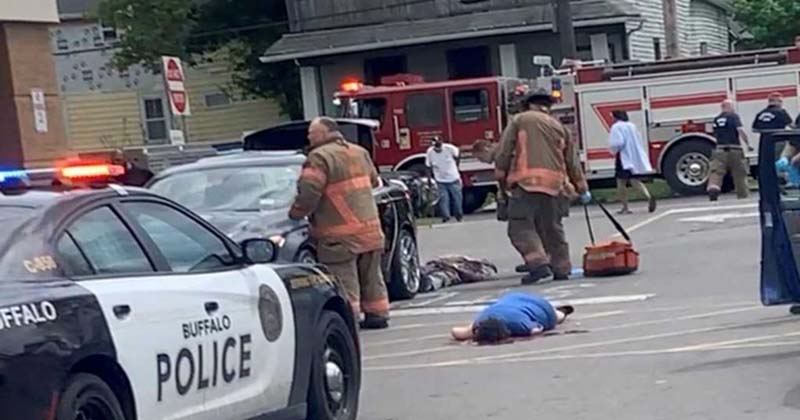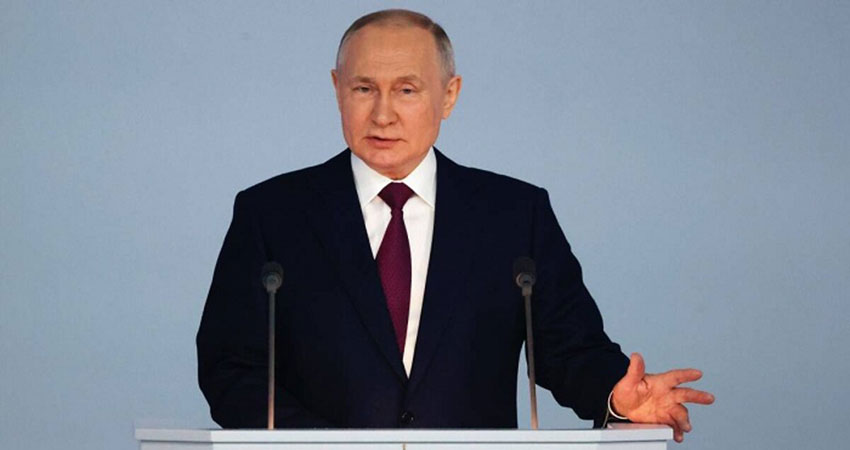Sri Lanka is facing an unexpected economic collapse that has thrown the administration into disarray. Due to depleting foreign reserves and severe debt, the island is unable to import basic supplies for its 22 million citizens, sparking weeks of anti-government protests that recently turned violent, leading to the resignation of the prime minister. President Gotabaya Rajapaksa and his brother, former Prime Minister Mahinda Rajapaksa, have been blamed by critics for causing the country's economic collapse.
Because of a foreign exchange crisis, Sri Lankans have been forced to wait in enormous queues for months to obtain basic commodities such as food, medicine, and fuel. Power outages have resulted from oil shortages. The pandemic and the Russia-Ukraine war have exacerbated the situation, although predictions of impending economic disaster had been issued for years.
President Rajapaksa came to power in 2019, months after 290 people were killed in Easter bomb attacks at churches and hotels. The bombings severely harmed tourism, a major source of foreign cash, and Rajapaksa promised to pull Sri Lanka out of its deep economic depression while also keeping the country secure.
The administration wanted to increase income, especially as foreign debt for massive infrastructure projects, some of which were financed with Chinese loans, grew. However, Rajapaksa pushed through the largest tax cuts in Sri Lankan history just days after becoming office. The decision drew swift retaliation from the worldwide market. Sri Lanka's credit ratings were reduced, preventing it from borrowing further money while its foreign reserves plummeted. The pandemic struck soon after, causing tourism to plummet once more as debts piled up.
Foreign reserves have fallen below $50 million. As a result, the government has been compelled to halt payments on $7bn in foreign debt due this year, with over $25bn due by 2026 out of a total of $51bn.
Where do the Rajapaksa Brothers come from?
ADVERTISEMENT
The Rajapaksa brothers are being demanded to step down in a historic turnaround for Sri Lanka's most influential political family. The island's Buddhist-Sinhalese majority hailed Mahinda and Gotabaya Rajapaska as heroes for ending a 30-year civil conflict with ethnic Tamil insurgents in 2009. Despite claims of war crimes, Mahinda, who was president at the time, managed the end of the conflict, and Gotabaya, a military strategist whose harsh tactics helped smash the rebels, enjoyed widespread support.
The Rajapaksas were a powerful territory family from a rural southern district that dominated local elections for years before Mahinda was elected president in 2005. He ruled until 2015, when he was deposed by an opposition organized by a former assistant. Following the April attacks in 2019, the family reclaimed power through Gotabaya, who ran for president on a high-pitched nationalist platform that won over supporters who were dissatisfied by the prior government's approach to the assaults.
The Rajapaksas have been accused by critics of depending extensively on the military to execute policy, introducing laws that erode independent institutions. Three additional Rajapaksa colleagues remained in the cabinet until early April, when the entire cabinet quit in the wake of the protests. The protesters won a partial triumph with Mahinda's resignation on Monday. With the protests continuing, particularly outside the president's office, demand on the president to resign has increased.
After his brother quit, President Rajapaksa was left without a prime minister and a cabinet. The president may try to build a unity administration, but convincing opposition MPs to join will be challenging. If the president resigns while there is no prime minister, the speaker of parliament will serve as temporary president for one month, during which time Parliament will vote for a president till an election can be held.
Impeachment proceedings against Rajapaksa would be difficult. It would require the approval of the speaker, the Supreme Court, and at least 150 legislators. The fact that opposition parties do not have a majority in parliament makes the process considerably more difficult.
There has only been one failed attempt to remove a president in the 45 years that Sri Lanka has been controlled by an executive presidential government. The president has broad powers as commander-in-chief of the armed forces, head of the cabinet, and appoints the chief judge, police chief, and other officials, according to the law.
Despite his vast powers, the president nonetheless needs a prime minister and cabinet to carry out executive tasks. The persistent ambiguity about the president's next steps, as well as the administrative vacuum, have fueled worries of a military takeover, particularly if the bloodshed increases.
It doesn't take long for luck to change. No one could have predicted a month ago that the Rajapaksa government would face such a crisis in Sri Lanka. I hope and pray that the people of Sri Lanka will be able to recover from this economic catastrophe.
Bangladesh, for its part, must take care that this situation does not happen within its own borders.
Source: REUTERS

